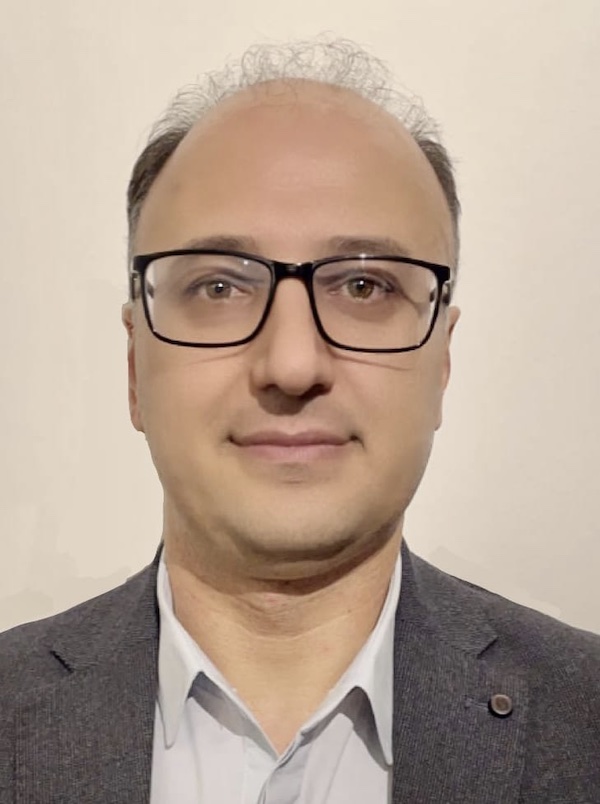Aminolah Hasanvand

PostDoc, PhD
About
Aminolah Hasanvand is an accomplished System Engineer and Senior Hardware and Embedded System Architect with a stellar career trajectory marked by exceptional achievements and groundbreaking contributions in the field of advanced wireless communication systems and implantable medical devices. Amin’s professional journey is distinguished by a wealth of experience across academia and industry, showcasing remarkable proficiency and innovative problem-solving capabilities.
With a Ph.D. in Electrical Engineering Telecommunication from K.N.Toosi University of Technology and a rich academic background, Amin has displayed unparalleled expertise in designing and implementing cutting-edge technology solutions. His groundbreaking work as a Postdoctoral Fellow at NTNU University in Norway for the Horizon 2020FET -Open 2020 B-CRATOS project is testament to his leadership and innovation. Noteworthy achievements during this tenure include pioneering the wireless readout of cortical signals for implantable brain-computer interfaces (BCI/BMI), developing low-latency brain stimulation control and implementing wireless power transfer in battery-free implants through a two-way command/control link.
Prior to his postdoctoral tenure, Amin served as a PhD Research Assistant at KNTU University Wireless Terminals Test Lab., Tehran, Iran, where he spearheaded projects focusing on implementing battery-free backscatter communication in implants. Additionally, his brief but impactful stint as a Research Assistant at NTNU University in Norway showcased his prowess in researching in-body conductive links for remote pacemaker control and designing low-power digital data links for endoscopy capsules, among other significant contributions.
From 2007 to 2013, Aminolah Hasanvand served as a Senior Hardware & Embedded System Designer at industry, playing a pivotal role in spearheading and managing a spectrum of system projects. His tenure was characterized by an unwavering commitment to employing concrete standard-based system engineering methodologies to ensure the success of various initiatives.
Throughout his tenure, Amin demonstrated a keen ability to manage multiple system projects concurrently. His adeptness in applying standard-based system engineering practices ensured the seamless integration of advanced technology solutions. This approach facilitated effective project management, quality assurance, and the successful implementation of robust and reliable systems. His leadership and expertise in adhering to standardized methodologies significantly contributed to the efficiency, reliability, and success of the projects. Amin's commitment to employing system engineering remains a hallmark of his approach to project management and system development.
Amin's proficiency extends across an extensive array of skills, encompassing programming languages such as Matlab, C/C++, Python, expertise in tools like ISE Design Suite, Vivado Design Suite, CST Studio Suite®, ADS, LabVIEW, and Altium Designer, and mastery in test bench design, signal processing, system design and verification, embedded systems, FPGA-based system design, PCB implementation, SDR/USRP-based system design, RF matching networks, motor driver design, and more.
Committed to excellence, Amin is equipped with a keen eye for innovation and a dedication to driving technological advancements in the realms of wireless communication systems and medical device technology.
Research profile
Aminolah Hasanvand's primary research interests lie in the development of implant devices with wireless communication links utilizing backscatter communication systems. His research focuses on optimizing these communication links to reduce implant power consumption, size, and weight. Additionally, he explores wireless power transfer systems designed to enable battery-free implants coupled with near-zero power consumption wireless links.
Links
https://www.linkedin.com/in/aminolah-hasanvand-5a261080/
